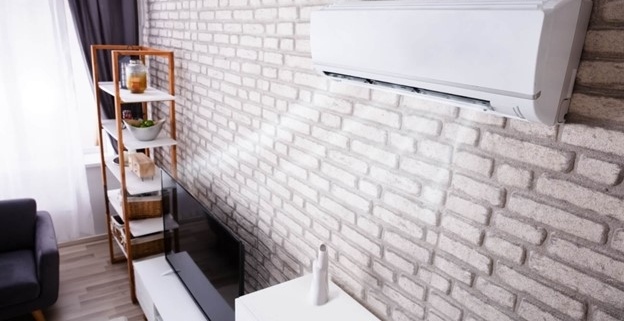Pursuing Sustainable Cooling: Eco-Conscious Choices for Modern Air Conditioners

As climate change and rising energy costs drive the need for sustainable solutions, the cooling industry is evolving with eco-conscious technologies. Choosing an eco-friendly air conditioner not only reduces environmental impact but also lowers long-term energy costs. By adopting sustainable cooling systems, homeowners and businesses can enjoy comfortable indoor climates without compromising the planet’s future.
What is Sustainable Cooling?
Sustainable cooling focuses on reducing energy consumption, minimising greenhouse gas emissions, and utilising eco-friendly refrigerants. Traditional cooling systems often rely on high-energy usage and refrigerants with high global warming potential (GWP). In contrast, HVAC solutions designed for sustainability incorporate energy-efficient components and environmentally responsible cooling methods.
Benefits of Sustainable Cooling:
- Lower Energy Bills: Energy-efficient systems consume less power, resulting in cost savings.
- Reduced Carbon Footprint: Using eco-friendly refrigerants and high-efficiency technology decreases environmental impact.
- Longer System Lifespan: Well-designed, sustainable AC units operate more effectively and last longer with proper maintenance.
Key Features of Eco-Friendly Air Conditioners
The latest modern air conditioners incorporate advanced features that optimise performance while being environmentally friendly. Here are some key innovations:
1. Energy-Efficient Technology
Energy-efficient AC units use cutting-edge compressor designs, such as inverter technology, to adjust cooling output based on real-time demand. This prevents excessive energy consumption and enhances performance.
2. Eco-Friendly Refrigerants
Traditional refrigerants like R-22 have been phased out due to their harmful impact on the ozone layer. Today’s eco-friendly air conditioners use refrigerants like R-32 and R-410A, which have lower global warming potential and improved energy efficiency.
3. Smart Control Systems
Smart thermostats and IoT-enabled controls help monitor and adjust cooling settings remotely, optimising efficiency and reducing waste. These features ensure that your AC unit remains energy-efficient, adapting to usage patterns and environmental conditions.
HVAC Solutions for a Greener Future
Innovations in the HVAC industry are making cooling solutions more sustainable than ever. Here are some trends leading the way:
Inverter Technology
Inverter-driven compressors adjust speed based on cooling needs, ensuring smooth operation and preventing energy waste.
Solar-Powered Cooling
Solar-powered air conditioners harness renewable energy, reducing reliance on fossil fuels and lowering operational costs.
Advanced Insulation & Heat Recovery
Modern buildings incorporate high-quality insulation and heat recovery systems, improving cooling efficiency and reducing the need for excessive air conditioning.
How to Choose an Energy-Efficient AC Unit
When selecting a sustainable cooling system, consider these factors:
- Energy Star Ratings: Look for AC units with high energy efficiency ratings.
- Proper Sizing: Choose a unit that matches the size of your space for optimal performance.
- Regular Maintenance: Clean filters and schedule routine servicing to maintain efficiency.
- Smart Features: Invest in programmable thermostats and automation for better control.
Embracing sustainable cooling is a step toward reducing energy consumption and minimising environmental impact. By choosing eco-friendly air conditioners, utilising smart technology and considering solar-powered HVAC solutions, homeowners and businesses can contribute to a greener future.
Looking to upgrade to a modern air conditioner that is both efficient and environmentally friendly? Contact Thermal Care online today to explore our range of sustainable cooling systems designed for long-term energy savings and sustainability.





Leave a Reply
Want to join the discussion?Feel free to contribute!